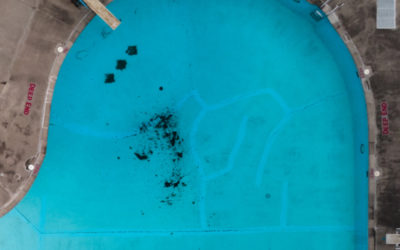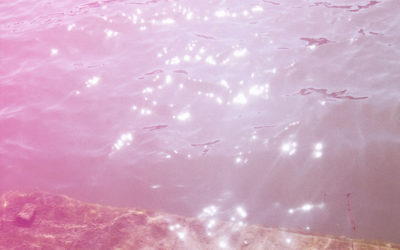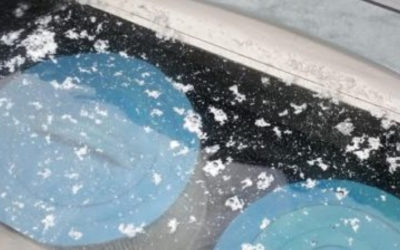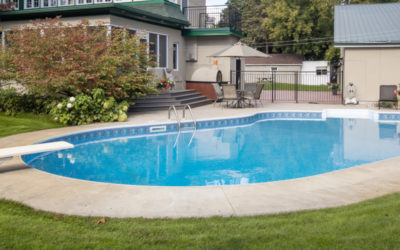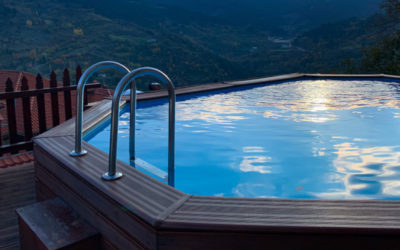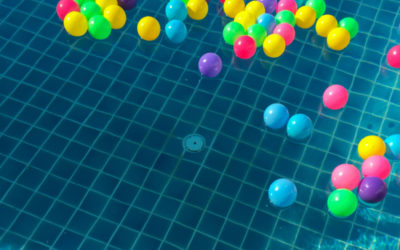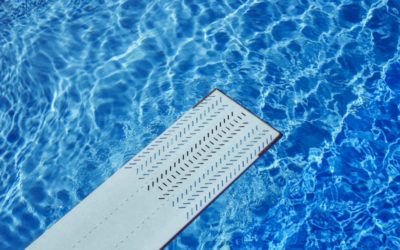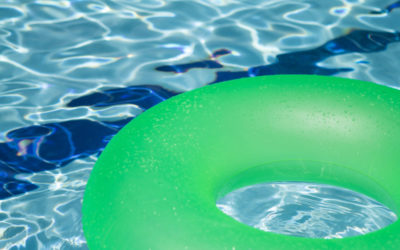

Stains in the Pool
Stains in the PoolTwo main types of pool stains can occur: organic and metal. Correctly identifying pool stains and knowing how to clean them effectively will help make their removal easier. Jump To Section: Causes and Types of Stains in PoolsIdentifying Stains in...
Stain and Scale Remover
Stain and Scale RemoverStains and scale can appear in any type of pool, including concrete, plaster, or vinyl liner pools and commonly affect the tile or pool surface. The cause and treatment for both pool stains and scale are similar. What Causes Scale...
Pink Slime in the Pool
Pink Slime in the PoolPink slime is an airborne bacterium that resembles algae and is sometimes referred to as pink algae. Formally known as Serratia Marcescens, pink slime thrives in moist, warm environments and can sometimes appear in a swimming pool. Besides...
White Mold in the Pool
White Mold in the PoolWhite water mold is a naturally occurring fungus typically found in pool areas with poor circulation. Although it’s not harmful to humans, it’s unsightly, can clog your pool equipment, and may create an unsafe environment for swimming. Because...
How to Open and Close an Inground Pool
How to Open and Close an Inground PoolOpening and closing your inground pool are two of the biggest pool maintenance tasks you’ll need to complete. Knowing how to open your inground pool properly is essential for a successful pool season. Learning how to winterize an...
How to Open and Close an Above Ground Pool
How to Open and Close an Above Ground PoolTwo of the biggest tasks involved with having an above-ground pool are at the season's start and end. After winter, you’ll need to open your above ground pool properly to enjoy clean, clear pool water all swimming season....
Enzymes
EnzymesEvery organism naturally contains enzymes, which play a key role in disintegrating organic matter by accelerating biological processes. Since they’re highly effective at decomposing oils and other contaminants, they’re ideal for treating pool water. Besides...
Cyanuric Acid
Cyanuric AcidCyanuric acid (CYA) is a common pool chemical that prevents free chlorine loss from the sun’s ultraviolet rays. It’s also known as a pool water stabilizer or conditioner. When the proper amount of cyanuric acid is present in pool water, chlorine works...
Filter Problems
Filter ProblemsPool filters help maintain clean water by removing particles and small debris from pool water. When a filter problem occurs, the operation and safety of your pool are compromised. Recognizing telltale signs that something is wrong with your filter and...
Heating a Swimming Pool
Heating a Swimming PoolYou can use a pool heater to keep your swimming pool water at the ideal temperature. Various pool heating options are available, each with its advantages and disadvantages. The best ways to heat a pool include solar, electric, and natural gas...

